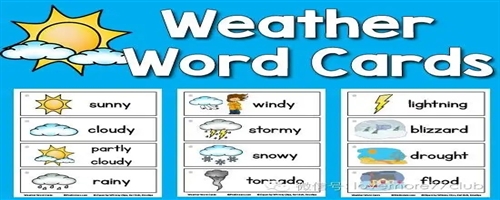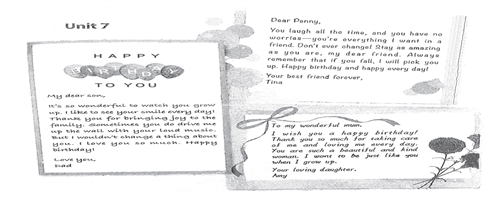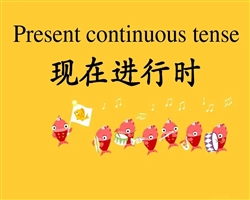英语不用被动语态几种的情形
英语不用被动语态几种的情形
1. 谓语为连系动词时,不用被动语态。如:
He looked fine. 他气色好。www.34en.com
The food tastes delicious. 这食物味道很好。
2. 谓语为不及物动词(短语)时,不用被动语态。如:
The war broke out in the end. 战争终于爆发了。
I happened to meet him there. 我碰巧在哪儿见到了他。
3. 宾语为不定式、动词的-ing 形式或从句,表示主语的一些想法、爱好或愿望时,一般不用被动语态。如:
He decided to go with us. 他决定跟我们一起去。
I want to buy a computer. 我想买一台电脑。
4. 宾语是相互代词、反身代词、同源宾语等时,一般不用被动语态。如:
We should help each other. 我们应该相互帮助。
We live a happy life here. 我们在这儿过着幸福的生活。
He thinks of himself too much. 他对自己想得太多。
5. 宾语是处所、地点时,一般不用被动语态。如:
We will reach the station in two hours. 我们再过两个小时就会到站了。
He has gone to London now. 他去伦敦了。
6. 谓语部分(动词与宾语) 是一个不可分割的动词短语时,一般不用被动语态。如:
The ship set sail this morning. 这艘轮船今天早晨起航了。
He saw the doctor yesterday evening. 他昨天晚上看了医生。
- 关键字:
- 上一篇: “be said+不定式”的七种结构
- 下一篇:主动形式表被动意义
友友评论:
内容相关随机推荐:
暂无相关信息!
- 相关链接:
-
资源说明:
英语语法网英语语法网-时态语态-《英语不用被动语态几种的情形》
 。
。




